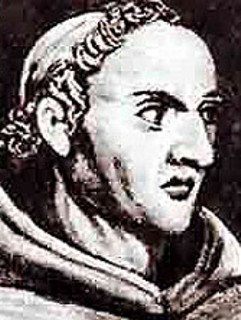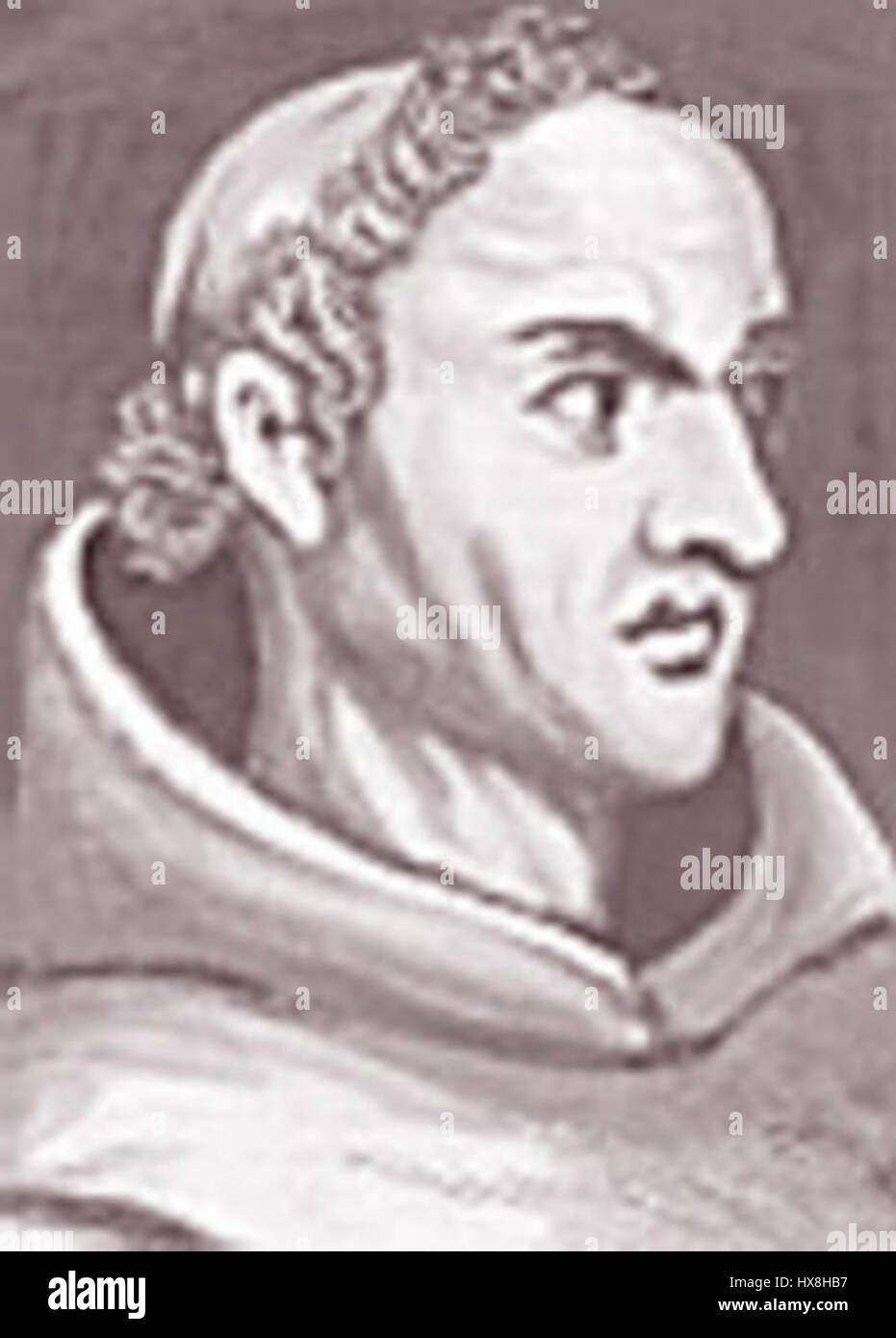

He was summoned to Avignon in 1324 to have his lectures and writings examined for heretical or mistaken teaching.

Indeed Ockham explained his views and no action was taken against him but clearly he had been singled out as unsuitable to teach, and the matter was not allowed to rest. to explain his views on thirteen propositions derived from his teaching on the Aristotelian categories, especially the category of 'relation'. Ockham's opinions aroused strong opposition and he was summoned by the Franciscan provincial chapter :. is probably the most comprehensive original logical treatise written in the period between Aristotle's "Organon" and Bolzano's "Wissenschaftslehre" (1837). In particular Ockham wrote the monumental three-part Summa logicae during these four years which Corcoran says:. The scope of the apparently original concepts, problems, and results found in his works is impressive, if not astounding. William of Ockham was certainly among the most imaginative, competent, and prolific of Medieval logicians. During these years he wrote many deep works on philosophy and logic. Ockham lectured on logic and natural philosophy in a Franciscan school from 1321 to 1324 while he waited to return to university to study for his doctorate. In June 1318 Ockham was granted a licence to hear confessions and by 1320 he completed study for his bachelor's degree. The text was used as a framework for students to develop their own original positions and to debate with their teachers and fellow students. It was required that every student working for a higher degree in theology would lecture and comment on the Book of Sentences which is what Ockham did at Oxford in 1317- 1319. Peter Lombard, a conservative theologian, wrote the text as a reaction against some who at the time were applying Aristotle's logic to theology. Peter was a 12 th century Italian theologian who had written the work to state clearly the position found in the Scriptures and that of the Church fathers on Christian doctrine. He was then sent to Oxford to study for a theological degree.Īt Oxford Ockham lectured on the Book of Sentences of Peter Lombard. There is no direct evidence to support which of these alternatives Ockham followed but it must have one of them. After this some students were sent to Paris for further training, the rest taught at a convent. We do know that he was ordained a subdeacon by the archbishop of Canterbury in Southwark, London, in 1306 which certainly supports him being trained in London. His education was in a Franciscan convent and it was almost certainly the London convent since it acted as the educational centre for the area in which he lived. Nothing is known of his parents or his early life before he entered the Franciscan order at the age of fourteen. He is also known as the "More than Subtle Doctor" or the "Venerable Inceptor". Biography William of Ockham's name is sometimes written William Occam.


 0 kommentar(er)
0 kommentar(er)
